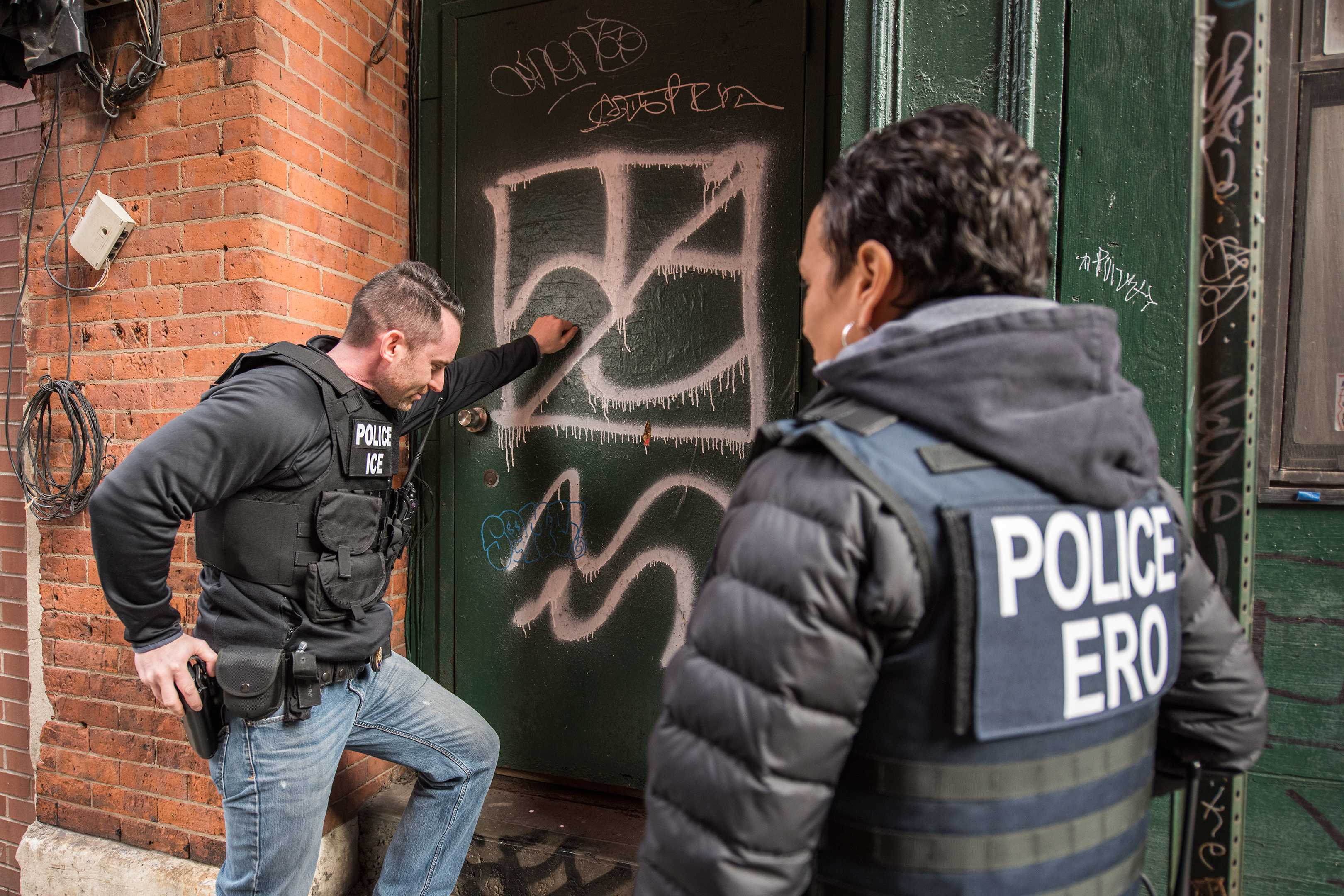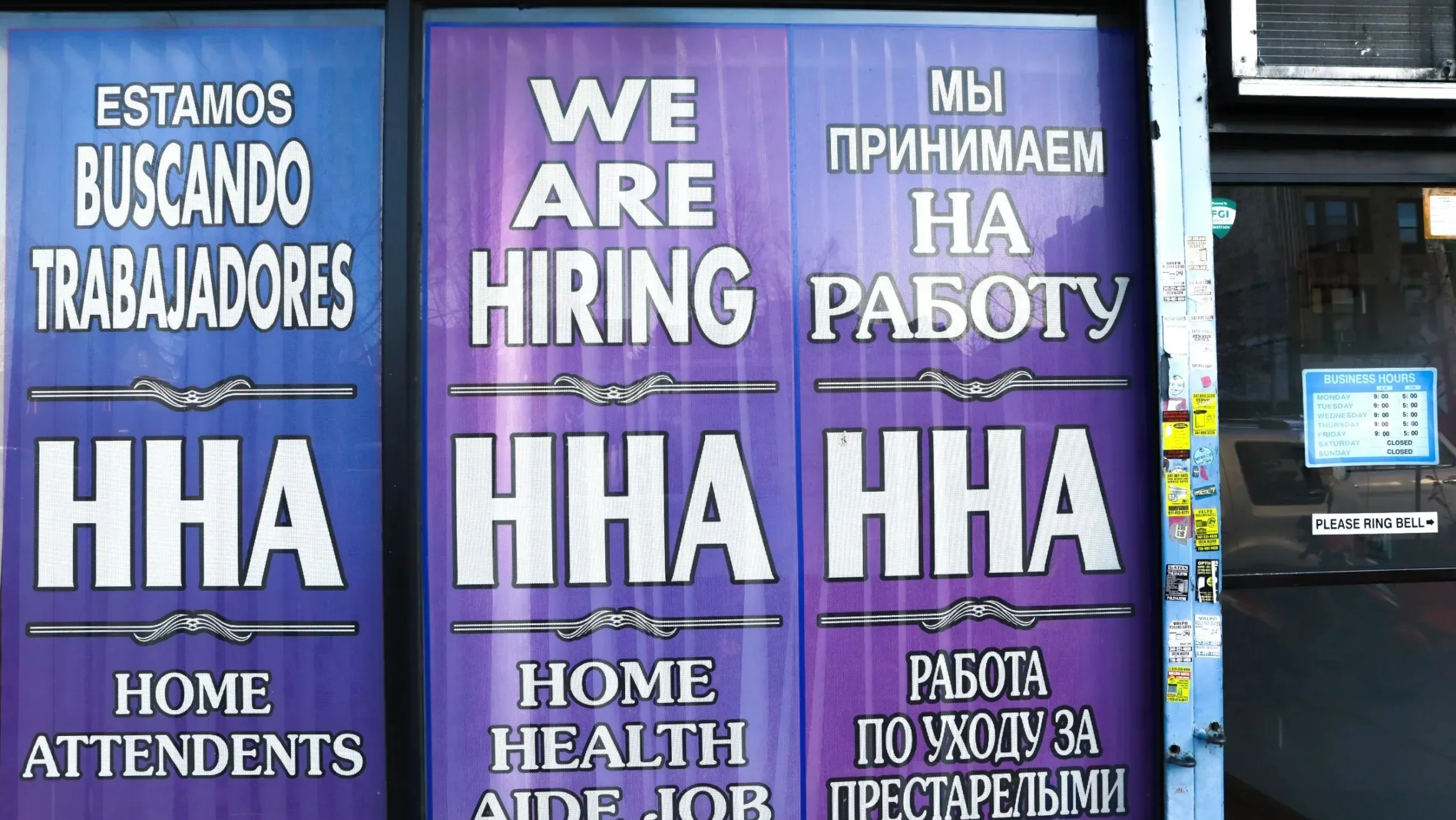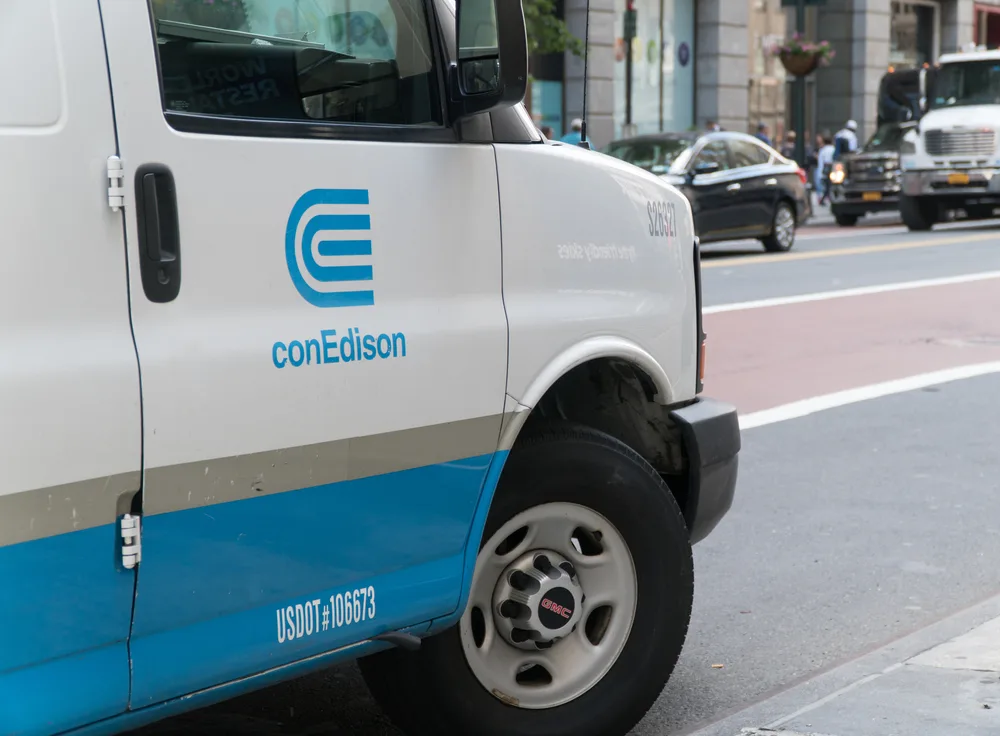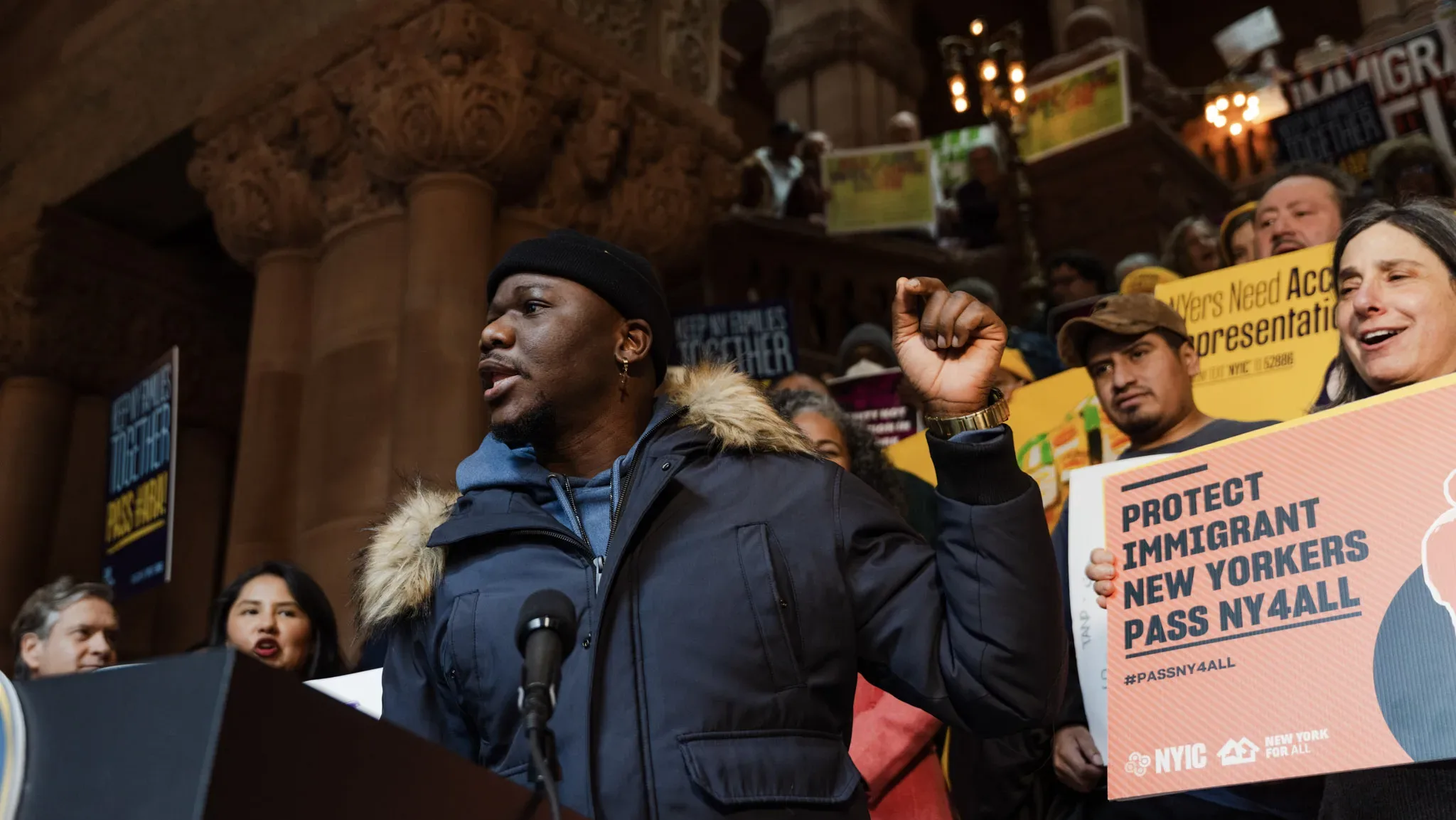JLM Decorating, a Limited Liability Corporation in Brooklyn, is the subject of numerous wage theft complaints by immigrant construction workers.
When the company hired Miguel Tapia to paint apartments, they told him he would receive $800 in cash, but they only paid around half of that amount. Tapia told Maurizio Guerrero, our reporter in today’s story, that nearly everyone that worked there experienced wage theft.
Little legal recourse to recover their wages: Most of Tapia’s co-workers have been hesitant to speak up about the injustice due to their immigration status.
Tapia filed a wage theft claim in 2019, which has been languishing in the state Department of Labor since then. A major reason is that the address the wage theft claim was filed against — 199 Lee Ave. in Brooklyn — is also the registered home of over 2,000 companies.
One of the suites in the building hosts over 100 companies, making it impossible to serve a legal notice directly to an entity at the address.
How easy it is for companies to take advantage of immigrant workers? “The idea was to show that in many cases it could be corrupt managers that steal the wages of workers, but in many other cases, these are companies that take advantage of these very vulnerable workers,” Guerrero, Documented’s reporter, says. “They know what they are doing. They hire or recruit workers for some weeks, and afterwards they just don’t pay them a fair amount.”
Guerrero spent a month investigating and writing the story. Following a lead from our in-house reporter and editor, he began research about the problematic address.
The story came together after digging through documents from federal courts and state Department of Labor, and interviewing advocates, attorneys, and workers affected. It all pointed to the same conclusion: this company was systematically taking advantage of workers.
Fighting back: Some of the immigrant workers are now trying to fight back with the help of attorneys and nonprofits. “There are workers courageous enough to denounce these things, speak out not just for themselves,” Guerrero says. “Just being aware that by talking about the abuse they faced, they are trying to protect other workers, and trying to stop this from happening again.”
Read the full report on Documented.
Thoughts? Reply to this mail.
STORIES WE ARE FOLLOWING
New York
Several immigration bills left to languish in New York’s legislature: Bills that failed to pass this session include the Securing Wages Earned Against Theft bill, the Home Care Reform bill, and more. — Documented
How refugees helped transform and revive Utica: The upstate New York city had been in decline after losing population and industry. But since the 1970s, refugees have helped stem the decline. — New York Times
Immigrants fled danger for New York. When will their new lives start? Housing prices are inflated, the job market is still recovering, immigration bureaucracy remains backlogged, and many of Trump’s anti-immigrant policies have endured. — New York Times
Around the U.S.
How asylum seekers cross the border — a photo story: A photographer documented three ways that people seeking refuge in the U.S. cross the border — by waiting to be hand picked, surrendering or trying to dodge Border Patrol. — New York Times
U.S. farmers scrambling for highly paid foreign workers on temporary visas: Mexicans — who constitute majority of undocumented immigrants in the U.S., and most of the farmworkers in California — are not coming in the numbers they once did. — New York Times
Sheep herders in the U.S., mostly men from rural Peru, sue employers for low wages: The workers, who came to the U.S. on agricultural H-2A visas, say their wages have stagnated even as pay for other agricultural labor has risen in recent years. — Reuters
Washington D.C.
Biden to explore the future of the Americas with other regional leaders this week: The U.S. is hosting a summit of leaders from North, Central and South America and the Caribbean, where they are expected to cover topics including migration. — The Washington Post














